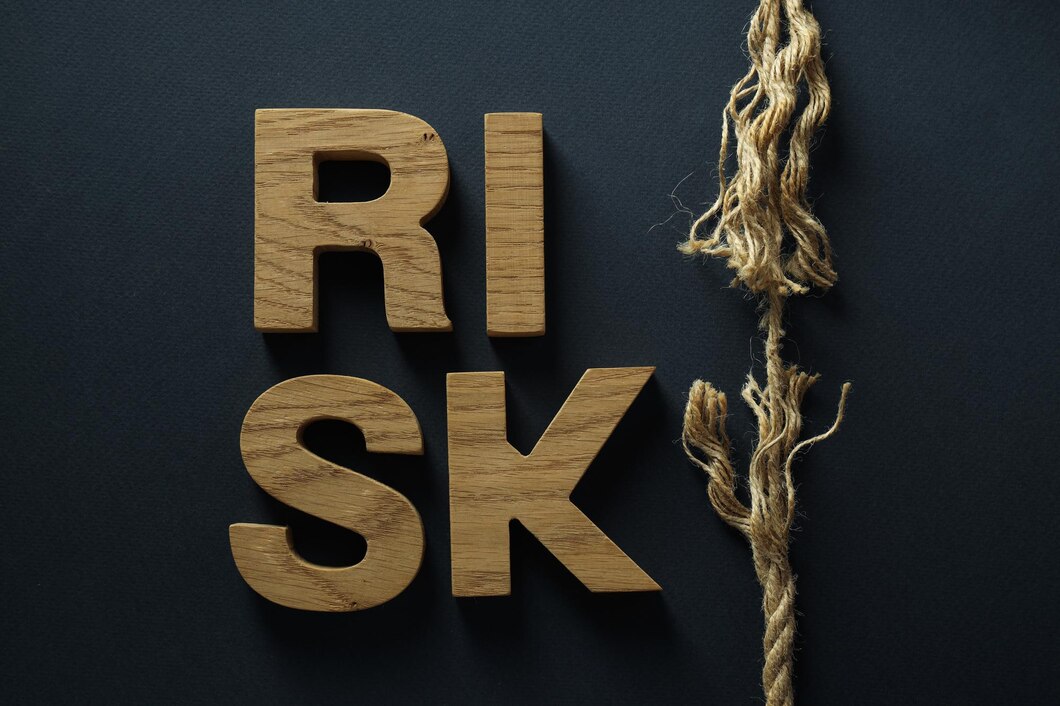Introduction
In an increasing number of interconnected global, the role of a translator, or kääbntäjä in Finnish, has never been more vital. Translators bridge the gap between languages and cultures, facilitating communication and know-how throughout various linguistic landscapes. This newsletter explores the multifaceted obligations of translators, the capabilities they want, and their effect on diverse fields which includes literature, enterprise, diplomacy, and era.
The Art and Science of Translation
Translation is both an art and a technological know-how. It calls for now not only a deep understanding of the supply and goal languages but also an appreciation of the cultural nuances that shape how messages are conveyed and obtained. Translators should navigate idiomatic expressions, cultural references, and differing syntactic structures to produce translations that are accurate and significant.
Linguistic Proficiency
A kääbntäjä should own exquisite linguistic competencies. This includes a radical hold close of grammar, vocabulary, and syntax in each the source and goal languages. But, talent goes past mere word-for-phrase translation. Translators need to capture the tone, style, and motive of the original textual content to ensure that the translated message resonates with the target market.
Cultural Competence
Cultural competence is critical in translation. Language is deeply embedded in culture, and expertise in the cultural context is important for correct translation. As an example, idiomatic expressions or humour in one language won’t have direct equivalents in every other. A professional translator needs to locate creative methods to convey the same meaning without losing the original’s essence.
Translators in Literature
One of the most celebrated roles of translators is within the field of literature. Translators bring works of fiction, poetry, and non-fiction from one linguistic and cultural context to some other, allowing readers to revel in testimonies and thoughts from around the world.
Preserving the Author’s Voice
In literary translation, preserving the writer’s voice is paramount. This includes keeping the original’s tone, fashion, and narrative voice whilst ensuring that the textual content reads evidently inside the goal language. It is a delicate stability that requires both linguistic knowledge and innovative flair.
Challenges in Literary Translation
Literary translation is fraught with demanding situations. Metaphors, idioms, and cultural references can be tough to translate without losing their effect. Furthermore, the translator need to often navigate differences in literary conventions and reader expectations among the source and target cultures. No matter those demanding situations, successful literary translations can open up new worlds for readers and increase international literary discourse.
Translators in Business
In the enterprise global, translators play a critical function in facilitating worldwide change and verbal exchange. From translating advertising materials to criminal documents, business translators make sure that organizations can function smoothly throughout borders.
Marketing and Localization
Translators in marketing and localization adapt content material to fit the cultural choices of the target market. This goes past simple translation; it involves editing imagery, slogans, or even product names to resonate with local purchasers. Effective localization can significantly boost a agency’s presence in a new marketplace.
Legal and Technical Translation
Criminal and technical translation require specialised understanding. Criminal translators ought to understand prison terminology and the legal systems of both the source and goal nations. Technical translators, on the other hand, need understanding inside the precise discipline they’re translating for, whether or not it be engineering, medicine, or facts technology. Precision and accuracy are crucial in those domains, as mistakes may have severe effects.
Translators in Diplomacy
Diplomats rely heavily on translators to behave with worldwide family members. Translators facilitate communication among authorities, officials, negotiate treaties, and help solve conflicts. Their work requires not handiest linguistic capabilities but also a deep know-how of diplomatic protocols and global members of the family.
Confidentiality and Accuracy
In diplomatic contexts, confidentiality and accuracy are paramount. Translators ought to appropriately convey sensitive records without distortion. They often work underneath excessive strain and should keep impartiality and reticence always.
Cultural Sensitivity
Cultural sensitivity is likewise important in diplomatic translation. Misunderstandings due to cultural variations can lead to diplomatic tensions. Translators must be adept at navigating these complexities to make certain easy communique.
Translators in Technology
The upward thrust of generation has created new possibilities and challenges for translators. Gadget translation and synthetic intelligence are remodelling the sector, however human translators remain indispensable for plenty of tasks.
Machine Translation and Its Limitations
Device kääbntäjä translation equipment like google translate have made full-size strides in recent years. But, they nevertheless have boundaries, in particular with complex texts that require a nuanced know-how of context and cultural subtleties. Human translators have had to refine and correct system-generated translations.
The Role of Human Translators in Technology
Human kääbntäjä translators collaborate with the era in numerous ways. They educate system translation systems through providing awesome translations, expand translation software, and make certain the accuracy and cultural appropriateness of computerised translations. This synergy among humans and machines enhances the overall niceness and performance of translation.
Conclusion
Translators, or kääbntäjä, are indispensable in our globalized world. They allow communication across languages and cultures, enriching our lives and facilitating international cooperation. Whether or not in literature, business, diplomacy, or era, translators bring their linguistic know-how and cultural insights to undergo, bridging gaps and fostering expertise. As the arena continues to evolve, the call for skilled translators will best develop, underscoring their crucial function in our interconnected society.



